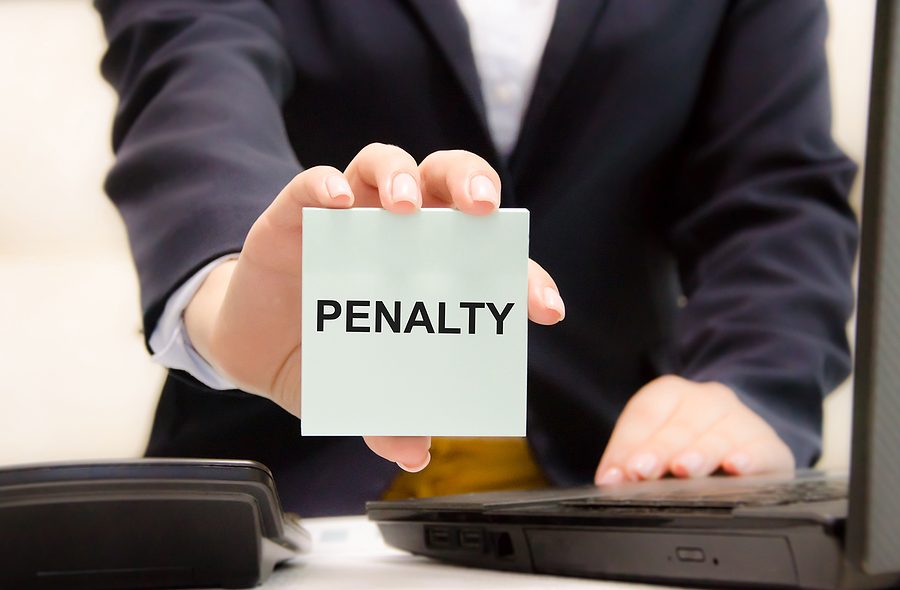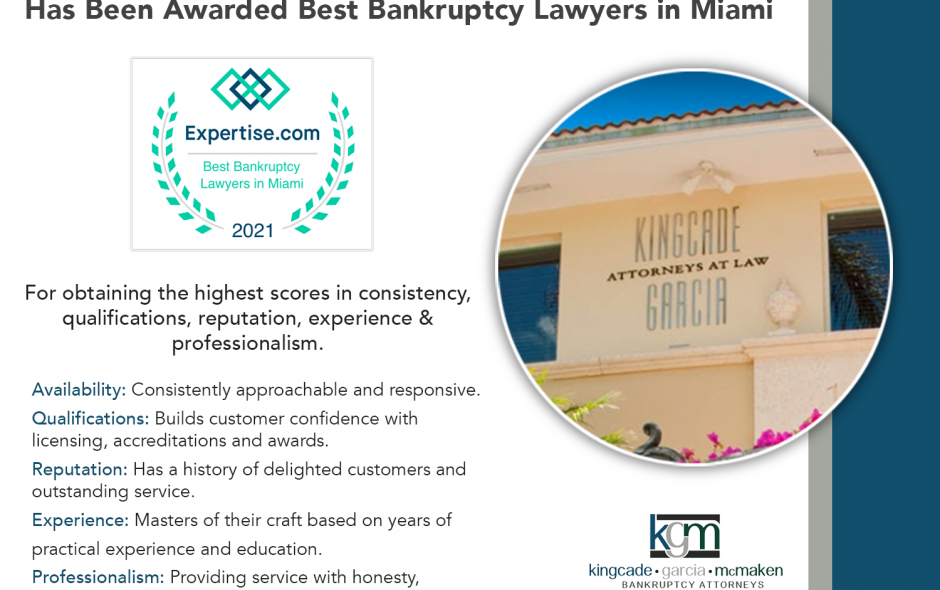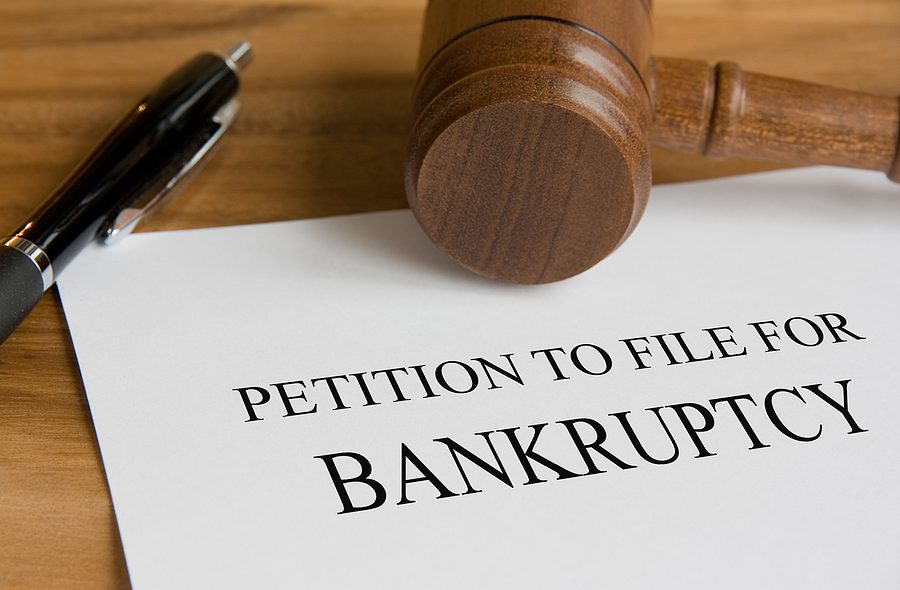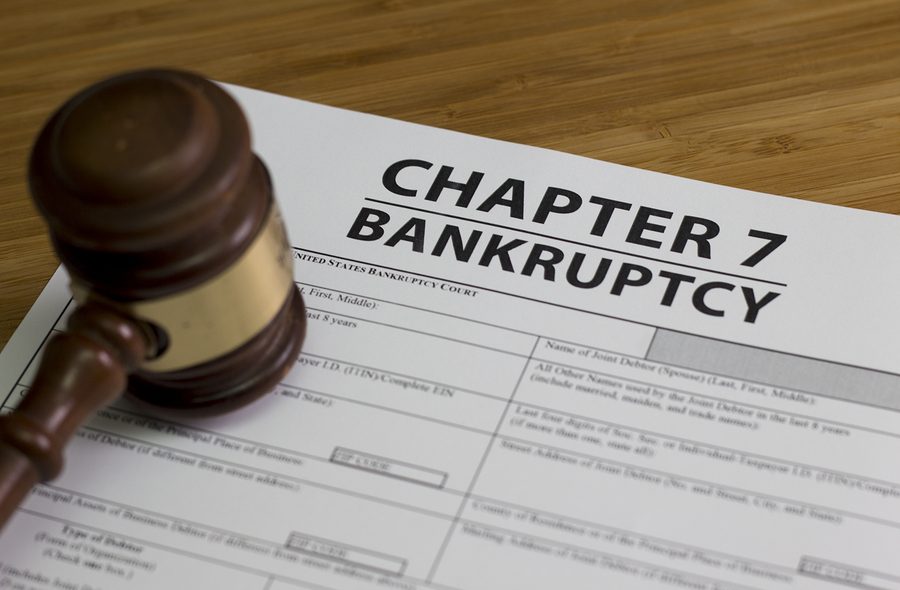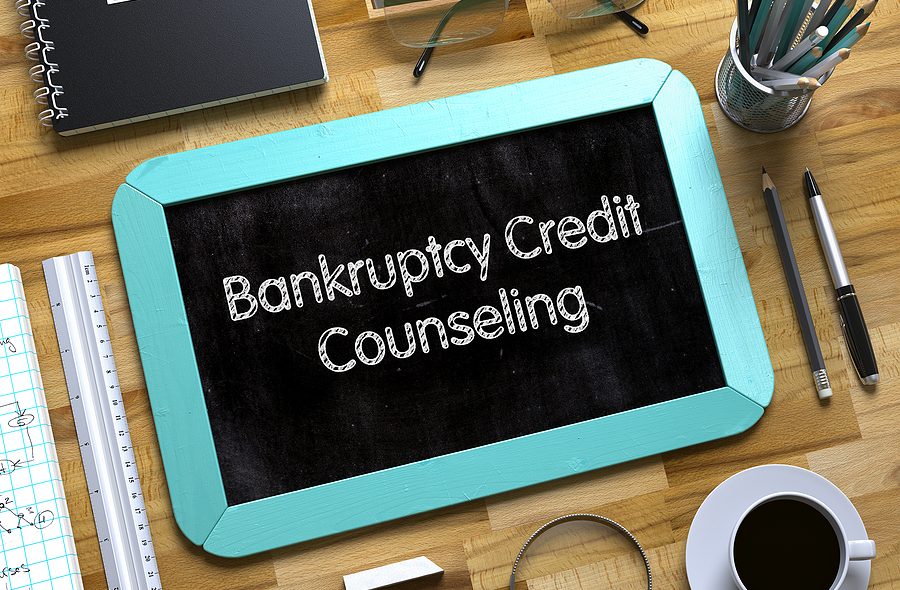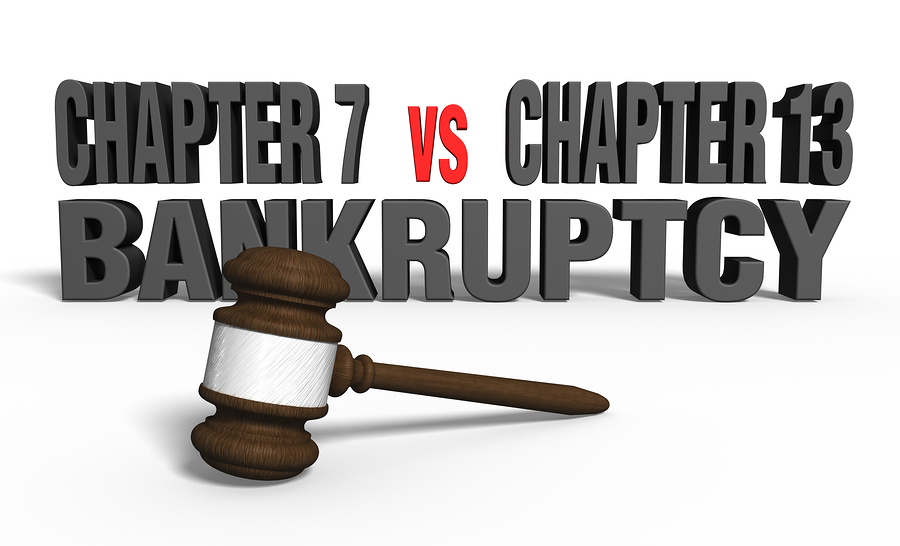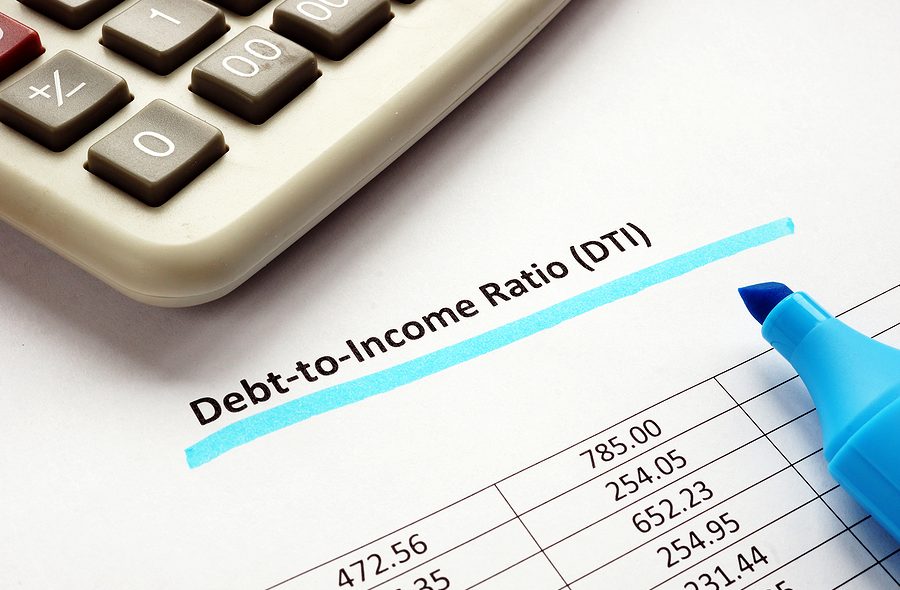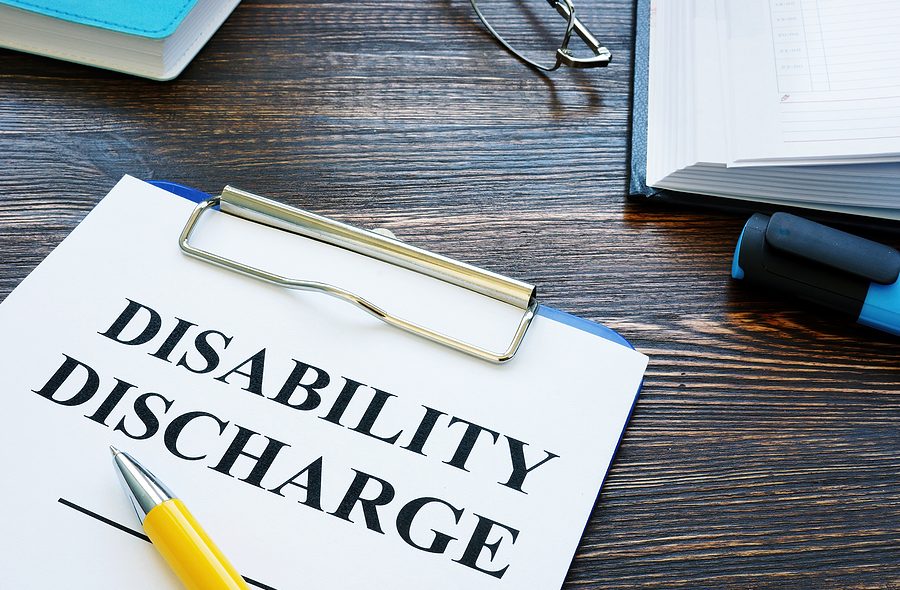At the start of the COVID-19 pandemic, most debt collectors hit the pause button on collection lawsuits due to widespread national lockdowns. However, one of the largest debt collectors, Sherman Financial Group, continued to pursue its collection efforts.
According to a study conducted by the Wall Street Journal, Sherman Financial Group had the largest increase of any debt collection firm between March 15, 2020 and December 31, 2020. The study analyzed filings from five state-court districts from the start of the pandemic to the end of 2020. The number of filings went up by 52 percent from the previous year. In comparison, debt collection filings went down by 24 percent with respect to the industry overall.

